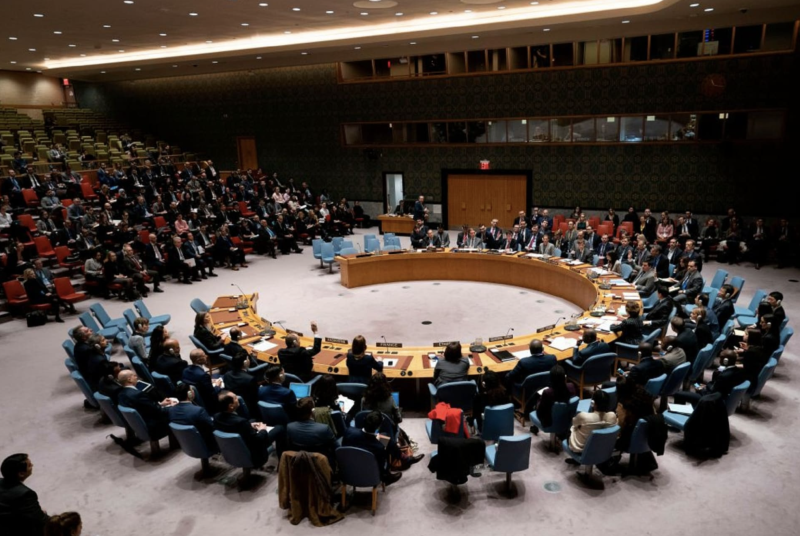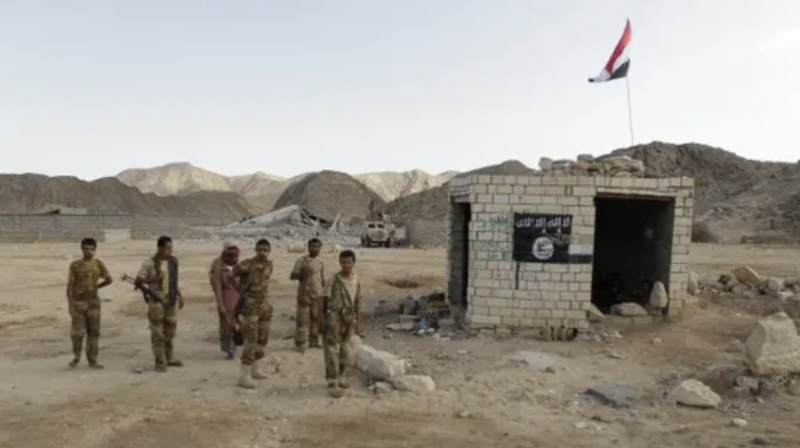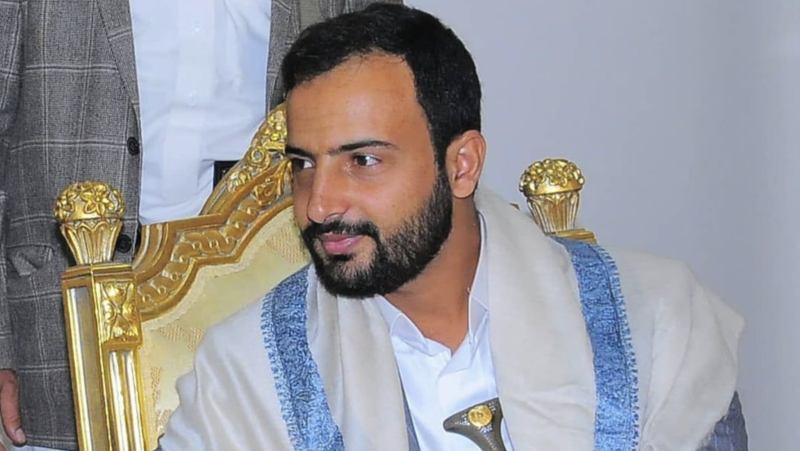UN Sends Mine-Clearing Equipment to Houthis, Sparking Anger Among Yemenis


The UN Development Program (UNDP) in Yemen sparked anger among Yemeni governmental and human rights activists after handing over $750,000 worth of demining equipment and devices to the Houthis in al-Hodeida.
Yemeni Information Minister Moammar al-Eryani expressed his surprise at the UN's behavior, describing it as an "unacceptable transgression of the facts on the ground, and disregard for the lives and pain of thousands of Houthi mine victims."
Eryani accused the Houthi militia of planting mines in cities, villages, residential neighborhoods, citizens' homes, schools, mosques, markets, grazing, and agricultural areas without distinction between military and civilian sites.
The Minister recalled that the Houthis manufactured and planted marine mines in the Red Sea and the Bab al-Mandab Strait to target commercial ships and oil tankers and threaten international shipping lanes.
He recalled that dozens of incidents of collision of commercial ships and fishing boats with marine mines have been recorded over the past years, and hundreds of fishermen have been killed or injured.
He pointed out that the National Program for Mine Action monitored more than 7,000 civilian casualties among the dead and wounded, mostly women and children, due to the Houthi mine network.
Reports confirmed that these mines were not among the stores and equipment of the Yemeni army before 2014, said the Minister, adding that the Houthis manufactured them under the supervision of experts from the Iranian Revolutionary Guards (IRGC).
Eryani stressed that the Houthi militia had not removed a single mine, and its leaders have appeared in the media visiting mine and explosive device manufacturing factories in Hodeidah and organizing military parades to highlight land and sea mine industries.
- Yemeni government, Saudi efforts
He recalled the efforts of the legitimate government through the National Program for Mine Action and the military engineering teams of the Ministry of Defense and the Saudi project "Masam" to clear Yemeni lands of mines.
Eryani said they made great efforts to remove and destroy Houthi mines, raise awareness of their dangers, and aid the victims through plastic surgery, prosthetics, and rehabilitation services.
The Minister said it was regrettable that the funding provided by brotherly and friendly countries for relief programs in Yemen through the UN is directed to grants and rewards to the Houthi militia for its crimes against Yemenis.
Eryani called on the UN to reconsider its policies, as the Houthi militia is the only one that manufactures and plants mines in Yemen.
"We recall the government's efforts through the successes achieved by the National Mine Action Program and the Saudi project "Masam" to clear Yemeni lands of mines, and direct support through these Programs to eliminate the scourge of mines."
Eryani called on the international community to pressure the Houthi militia to stop manufacturing and planting mines and hand over the maps of the mine networks it planted in the liberated areas and areas of confrontation.
He warned that the mines threaten millions of civilians, paralyzing public life, disrupting people's interests, and exacerbating their suffering.
He also said they represent an obstacle to development efforts and extend its catastrophic effects and risks for decades instead of rewarding them for one of their most heinous crimes.
Meanwhile, human rights activists mocked the UN move, saying the international organization distributes soap, towels, and masks in areas under the legitimate government's control while it gives away cars, equipment, and millions of dollars to clear mines in areas under Houthi control.
The Executive Director of the Yemeni Landmine Monitor, Faris al-Hamiry, asserted that the UN move will have serious consequences.
Hamiry said that Houthis are the main party that planted and continues to plant various mines, including anti-personnel internationally banned mines, noting that handing them over this equipment without any guarantees is like "a reward to the killer."
Yemeni journalist and author Abdullah Ismail ridiculed the incident, saying that receiving UN aid requires planting mines and killing thousands, then establishing an UN-backed program to remove them.
The Houthis have already received support through various UN programs during the past years, including four-wheel drive vehicles that the group converted for military missions.
According to international reports, the militias seized large quantities of food, health, and humanitarian aid.

NewYork -- The United Nations Security Council has urged all parties in Yemen to de-escalate tensions and intensify diplomatic efforts to end the c…

Marib — A senior al-Qaeda commander was killed Tuesday in a suspected U.S. drone strike in Yemen’s northern province of Mareb, accordin…

London — The United Kingdom has announced new sanctions targeting Hussein al-Houthi, son of Abdulmalik al-Houthi, leader of the Houthi militi…